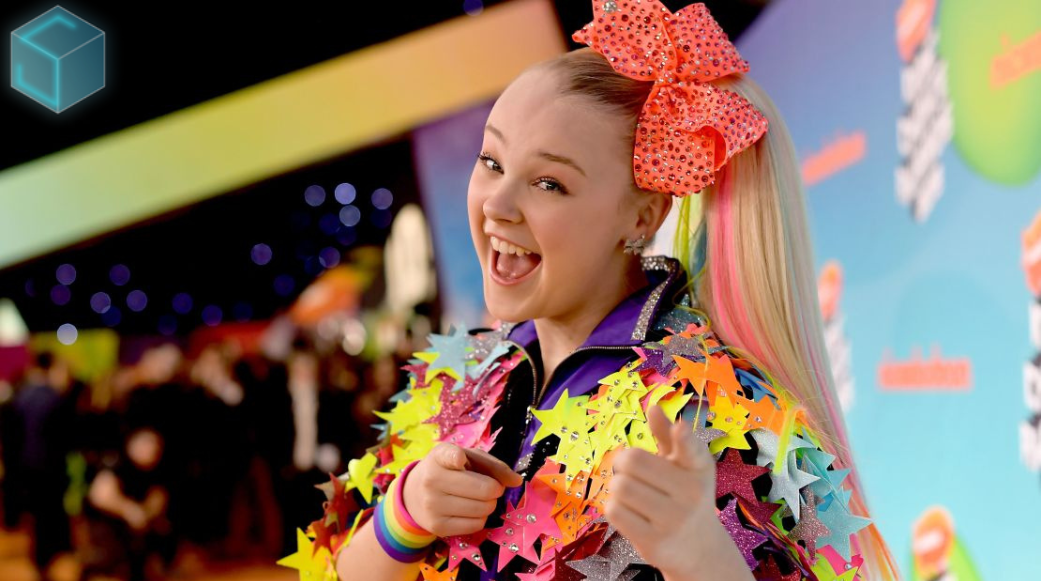.png)
October 6, 2024
Sampling has been a cornerstone of modern music production, allowing producers to reimagine and breathe new life into old tracks. Whether you're producing hip-hop, EDM, or any genre, knowing how to...
Read more.png)
October 6, 2024
When selecting EQ and compressor plugins, musicians and producers look for more than just a shiny interface or brand recognition. It's all about how these tools perform in real-world scenarios...
Read more.png)
October 6, 2024
Drum sounds form the backbone of many music genres, and while sample packs are popular, designing your own drum sounds from scratch can elevate your production to a whole new level. Crafting custom...
Read more.png)
October 6, 2024
In modern music production, one of the most common challenges is the clash of frequencies between instruments. For example, bass guitars and drum kits often compete for space in the lower end of...
Read more.png)
October 1, 2024
Studio One by PreSonus is an incredibly powerful DAW (Digital Audio Workstation) that offers a variety of tools to streamline your music production workflow. However, like many DAWs, getting the...
Read more.png)
October 1, 2024
Crash cymbals often get buried in the mix, especially when using complex miking techniques like Glyn Johns, which balances close mics with overheads. While re-recording with higher cymbals may be a...
Read more.png)
October 1, 2024
GarageBand is often seen as an entry-level DAW (Digital Audio Workstation), but it has powerful tools that, when used effectively, can create professional-quality tracks. Many indie musicians and...
Read more.png)
October 1, 2024
When working with MIDI in Ableton, one might notice that although MIDI clips can send program changes, most of Ableton's native plugins don’t seem to respond to these changes effectively. This can...
Read more.png)
September 21, 2024
Read more.png)
September 20, 2024
One of the most common challenges for songwriters is deciding whether to write the music or lyrics first. This can feel like a "chicken-or-egg" situation, but there's no one-size-fits-all answer...
Read more.png)
September 20, 2024
Releasing a new single or album is a huge milestone for any musician. However, without proper planning, your work may not get the attention it deserves. It’s not just about putting the song online...
Read more
September 20, 2024
When it comes to music production, getting the low end right can be tricky. Many producers face a common issue: after the initial mix sounds perfect, a few days later, the low end starts to feel...
Read more
One of the most talked-about musical moments of the summer is JoJo Siwa's recent rendition of the 1981 classic "Bette Davis Eyes." On July 11, she shared her retro-style rendition, sparking intense online reactions. The song's original singer, Kim Carnes, even responded nuancedly.
JoJo Siwa's studio version of "Bette Davis Eyes," which has a throwback Hollywood vibe, was released on July 11. Wearing a cropped blonde wig and a gingham gown, she captioned the photo, "'Bette Davis Eyes' cover out now, stream everywhere you listen to music." Inspired by her electrifying live performance in London, she presented it as a celebration of confidence and mystery.
But the response was swift, and mostly harsh. Her autotune use, raspy voice, and general quality were criticized by many listeners. While one commenter criticized her for deviating from her signature ponytail, another said it sounded like an "anti-smoking campaign."
Then Kim Carnes replied. She hinted at displeasure in a now-deleted TikTok tweet, stating, “There is a difference between singing a song... and embodying it... authenticity is what makes music timeless.”
Later, in the American news outlet,TMZ, she stated:
“The phrasing, the tone, even the little inflections; it all felt a bit too close.” She also stressed that personal attacks are unacceptable, even while asserting her right to speak about how closely Siwa’s version resembled.
The moment ignited a heated debate. On Reddit, one user said:
“Kim didn’t write the song; but she made it famous. She has a claim.” Another wondered aloud why fans obsess over JoJo so much.
Meanwhile, commentary writers labeled the release “bold” yet cringe-worthy, noting the shift in Siwa’s image and sound.
This isn't just a cover; it's a component of a larger rebranding, in between her new song "Raspy," (a self-aware clapback to her critics)s, and her evolving appearance.
Musical covers must strike a balance between authenticity and tribute. If they sound too close, they risk being perceived as blatant imitation, but if they sound too different, they risk offending listeners of the original song.
Reinvention vs Legacy Legacy performers, such as Kim Carnes, who is well known for her 1981 hit song "Bette Davis Eyes," have a particular sound that defines their personal brand. A cover that is too similar to that style may elicit strong, emotional responses.
Internet Culture Clash: A real-time generational and stylistic clash is taking place on social media as JoJo Siwa's online, meme-literate fanbase and Carnes' classic pop legacy collide.
JoJo Siwa's cover of "Bette Davis Eyes" was more than simply another release. It was a cultural moment, nostalgic galore, and generational musical differences. Kim Carnes' measured response and fan backlash demonstrate how deeply personal a musical legacy can be and how quickly it may become viral.